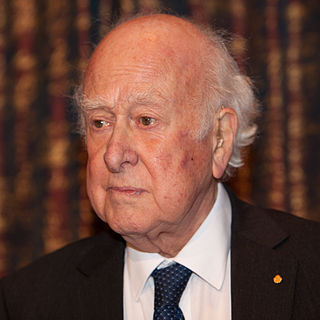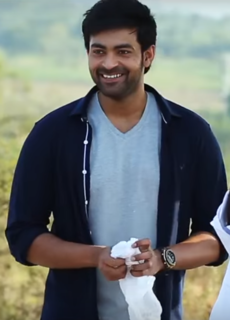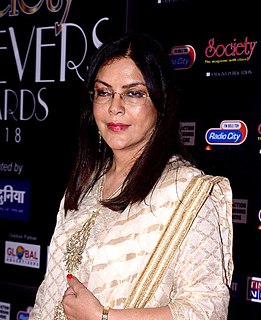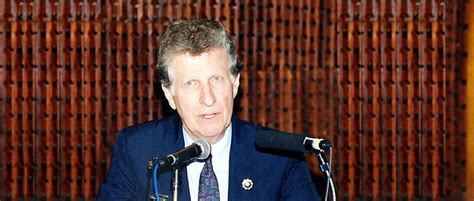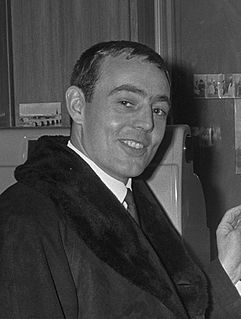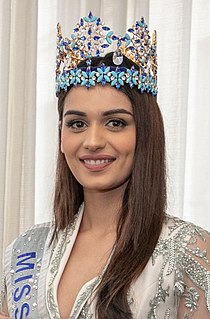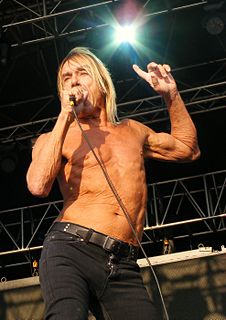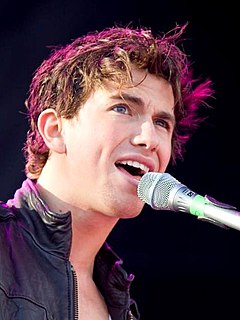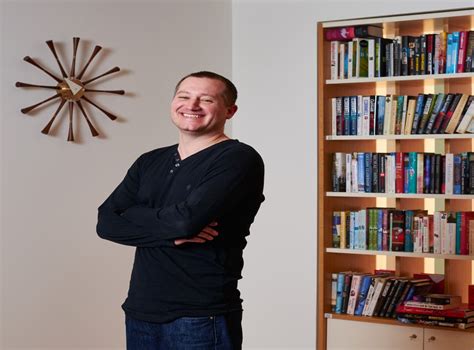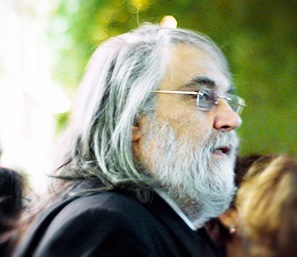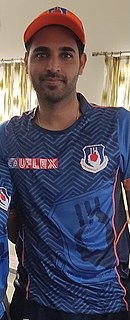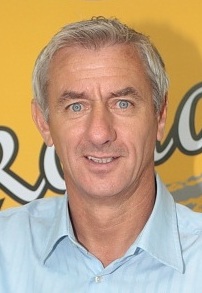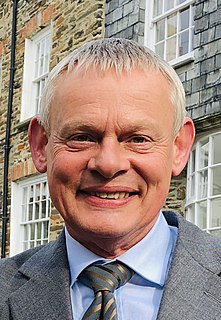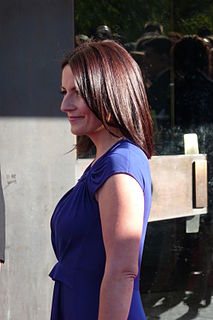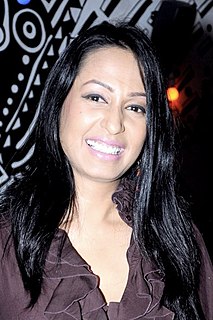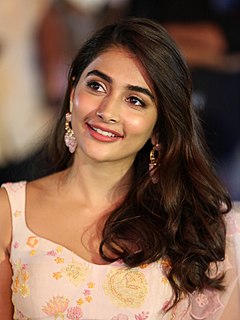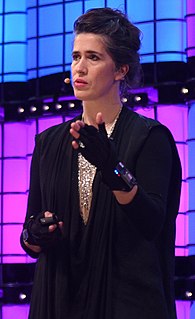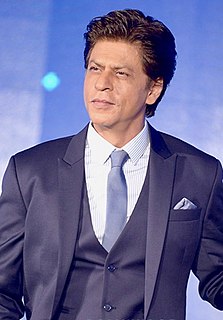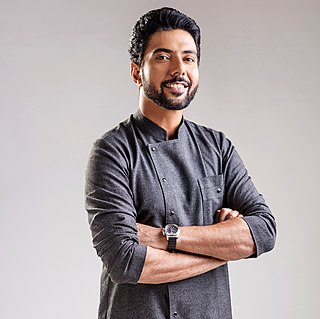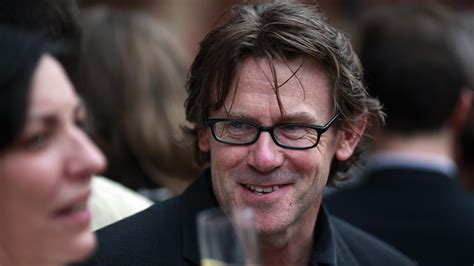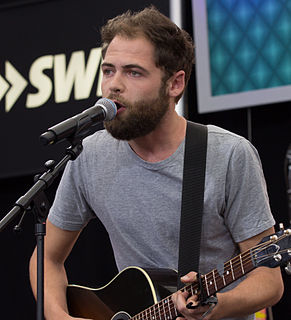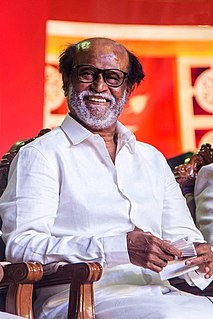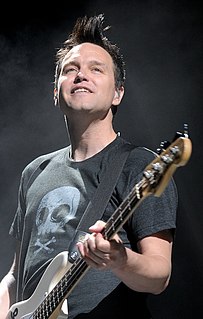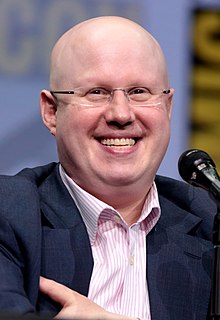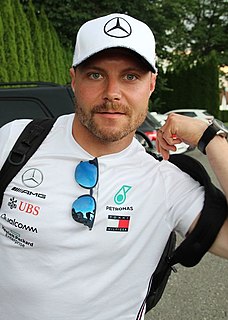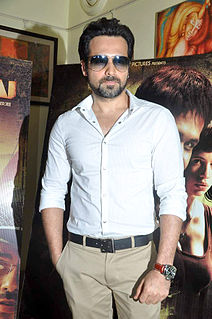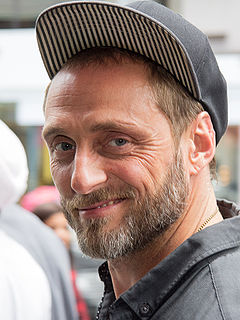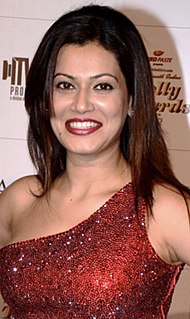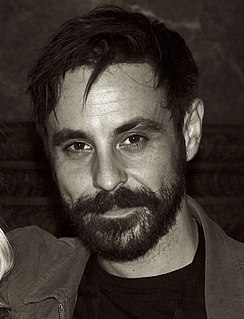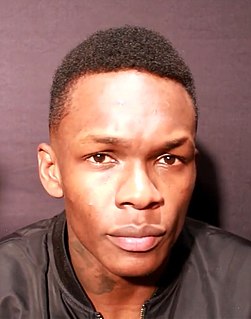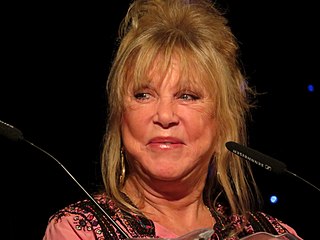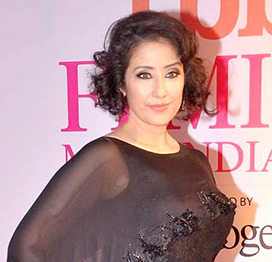Top 1158 Realised Quotes & Sayings - Page 18
Explore popular Realised quotes.
Last updated on November 9, 2024.
I liked Edinburgh as a university in a way that I'd never enjoyed King's College London. I realised after I came to Edinburgh that perhaps it was a mistake to have gone to a college which was bang in the centre of a vast city. It had a bad effect on the social life of the students because a lot of them were commuting from outer London.
I wrote 'Mr. In-Between' very quickly when I was about 23. I wrote the penultimate chapter, then realised I'd done something which was written to the best of my abilities. I panicked. I hesitated to finish the final chapter and went into withdrawal for three years. I decided to pick it up again after I went drinking with author Tim Binding.
So I found myself telling my own stories. It was strange: as I did it I realised how much we get shaped by our stories. It's like the stories of our lives make us the people we are. If someone had no stories, they wouldn't be human, wouldn't exist. And if my stories had been different I wouldn't be the person I am.
It is sometimes said that the tragedy of an artist's life is that he cannot realise his ideal. But the true tragedy that dogs the steps of most artists is that they realise their ideal too absolutely. For, when the ideal is realised, it is robbed of its wonder and its mystery, and becomes simply a new starting-point for an ideal that is other than itself.
The plan to carve up British India was never approved of or accepted by Gandhi...who realised too late that his closest comrades and disciples were more interested in power than principle, and that his own vision had long been clouded by the illusion that the struggle he led for India's freedom was a nonviolent one.
Kenny was actually here at Melwood as a 15-year-old schoolboy. He came on trial and he went home afterwards. It was only later that Bill Shankly realised that Dalglish was here as a boy and he went mad! He said 'how did we miss him?' Kenny just had the football brain. He was born with it and you can't give that to people. He had that natural born talent.
I realised that being a mother is similar to being an entrepreneur. You set up a system that is your family and you invest... you take risks and you actually have the most important job of rearing up the future of not just your family or an individual, but of the entire world. That is a tough and risky job.
I look young. I heard this said so often that it became irritating. I once worked as a babysitter for a woman who, the first time we met, said she didn't want somebody in high school. I was 22. Later, I realised that in certain places being female and looking 'young' meant it was more difficult to be taken seriously, so I turned to make-up.
There was a time when I wanted to get out of the Western world. I went down to Grenada and looked at a place, and I realised that if I lived in a Grenadian manner I'd be nothing but a blah. I'm going to need constant bodyguarding, guns and money to join the community there. Otherwise you just got a bunch of fat, old white people dying together, overeating, drinking. Not very attractive.
I had to pay an incredible amount to get insured on it and, after a couple of weeks of driving it around, I realised it wasn't quite my style. I'm not flash by any means but a bright red Ferrari is a definite head-turner and I hated that. It was also incredibly impractical, particularly when it came to finding space for a friend or for my tennis bag, so I decided to sell it after a few months.
Well, obviously I'm not Mark Wahlberg - I have much better abs and I look much better in a pair of Calvin Kleins but when I saw Mark Wahlberg interacting with the world, I realised that his stardom was sort of a result of the movies he had done and the publicity that he had got and the work that he did.
The good thing is that I really think that American television is in kind of a second golden age. Even though there's a lot of reality and all those contest shows, which aren't my kind of shows, the scripted stuff that's going on is so good right now because of basic cable. Everyone has stepped it up and realised that people like quality.
I've never really been star struck. I was a little bit taken aback when I was doing a chat show recently and I was sat in the make-up chair chatting to a guy say next to me but I couldn't look round and see who it was, it was only when I got up I realised it had been Bryan Adams I'd been talking to!
I wanted to write a book that imagined where advances in the study of genetics might lead us. Holman was the first character who came to me: I envisaged the misshapen offspring of beautiful, wealthy parents. Then I realised that he bore a striking resemblance to Toulouse-Lautrec. I developed that, made Holman an alcoholic who lives among hookers, an artist tortured by his disability.
I took my wife to a really expensive hotel in Dubai. This was when we were first dating, so I wanted to impress her. I had scallops, and after that, I went to the bathroom to be sick. I realised I had just paid £300 or £400 on scallops just to throw it up. My wife and I then talked about it; I knew I had a problem.
Halfway through primary school, I realised that I was not as physically strong or fearless as many kids. So, in situations of conflict, I quickly learned that it worked better for me to get out of situations or maybe kind of, you know, prevail in a conflict situation by using humour than by trying to punch somebody out.
I realised that success and pure creativity are not very compatible. The more successful you become, the more you become a product of something that generates money. Instead of being able to move forward freely and do what you really wish, you find yourself stuck and obliged to repeat yourself and your previous success.
I mean, in the foreword to Impro in Denmark is by Søren Iversen, who I taught long ago, he was a Danish director, after he left. He said he'd read about [Eugeny] Vakhtangov. I'm a fan of his. When he heard that Vakhtangov had lots of tricks, he thought this was very bad. But when he came to be my student, he realised it was very good to have a lot of tricks. You saw some this morning.
Like the Arthurian years at Camelot, the Sixties constituted a breakthrough, a fleeting moment of glory, a time when a significant little chunk of humanity briefly realised its moral potential and flirted with its neurological destiny, a collective spiritual awakening that flared brilliantly until the barbaric and mediocre impulses of the species drew tight once more the curtains of darkness.
I've not been in a live-in relationship. But I've been exposed to various kinds of equations that can exist between people. When I came from Bangalore, it was black and white. Over the years, I've realised that there's more to what we see on a day-to-day basis. There are all kinds of relationships, all kinds of equations.
I realised I'd been spoiled at Liverpool. We were used to winning. In Italy I grew up as a person. I didn't enjoy the football, mind. It was very defensive, but I became a better player because of the work I had to do around the box. Off the pitch, I learned about what to eat and what to drink to be successful, and I learned about life.
I found out when I was 18 that Dad had left my mother and the family before he realised he was ill and then died. When I asked Mum about it, she just sort of shrugged it off and said she'd thought I knew about it all along. Of course I hadn't, though I'm sure she must have been desperately unhappy at the time.
I always had a feeling we'd have two girls and we were very excited. Krushna was scared and was like, 'oh my god, these girls would turn out to be like you.' And when I realised that I was having twins, I never said that I need one boy and one girl. I was just keeping my fingers crossed hoping that they would be healthy.
Stories about mental aberration and oddity only make sense in context. Just how do people live with someone who is peculiar, gifted, strange or alien? It's odd because there's a little part of me that wants to write about exotic, strange bizarre subjects. Instead, I've rather reluctantly realised that what I write about is families.
I remember noticing, when I had my babies, how much I liked them, and not just loved them, but I was really into them. I knew I was going to be curious about them and up for the mayhem ahead. But at the same time, I remember noticing I was relieved this thing was present in me. And I hadn't realised there might be a doubt.
Are you really going to work in that?" Maura asked. Blue looked at her clothing. It involved a few thin layering shirts, including one she had altered using a method called shredding. "What's wrong with it?" Maura shrugged. "Nothing. I always wanted an eccentric daughter. I just never realised how well my evil plans were working.
After I began working, I realised there's no end line. I believe that money has nothing to do with your personal success. On the face of it, I'm the biggest capitalist of all. I have all the riches. I'm the living proof of what stardom should be in material terms. But I've never sold my soul. I've not done anything which I didn't want to do. I've not done films for money. I'm not saying this with arrogance but I've never asked for a film.
Apparently, in the olden days, nawabs would get bored with their cooks very quickly and throw them out. All of them set up shop in a place called Bawarchi Tola. That's how royal food came to the streets. I started hanging around there. That's when I realised food is a lot more than just cooking on Sundays.
Food is, for me, for everybody, a very sexual thing and I think I realised that quite early on. I still cannot exaggerate how just putting a meal in front of somebody is really more of a buzz for me than anything. And I mean anything. Maybe that goes back to trying to please my dad, I don't know. It's like parenting in a way I suppose.
Starting with a meagre amount of Rs 300 as a conductor, when I became an actor and started seeing huge moneys like Rs 3 or 4 lakhs, I thought I was 'an exclusive creation' by God, and he had made me like this. Later, I got the wisdom and realised that my time was good and things worked out! And I was also a normal human being like others.
We never really set out to talk about California on the album ['California'], it was something that we noticed that was happening about three-quarters of the way through the recording process. We were looking at which songs we thought would make the record and we realised that there was this theme coming through. I think it's just a product of being in California for as long as I have.
But we did see the process develop. I remember going to the Rocket Pictures base and they had something like 40 people there, drawing. They didn't know what the characters looked like yet and I remember on the walls seeing 30 or 40 different versions of Juliet. So, it was then that I realised that someone's got to come in and make some really executive decisions.
When I was 12 there was a big shift in mindset and I realised that if I want to get something out of it then I need to work hard and focus all my energy just for this sport and that's when I started training and taking things more seriously. I became a lot more self-critical and analysed the driving more and more, and that was when I was 12.
I used to take formal notes in lines of blue, and underline the key words in red, and I realised I needed only the key words and the idea. Then to bring in connections, I drew arrows and put in images and codes. It was a picture outside my head of what was inside my head - 'mind map' is the language my brain spoke.
What I do is I don't act a part, I give a piece of myself. Old friends that have known me for a long time, when they saw me in my first movie said: "Roland you are not acting; you are just being yourself." But I don't think you can deliver a role without putting something of yourself into it, and I just realised that everyday we do a little bit of acting.
When I grew up, I realised what an amazing thing my parents did. It was such a big deal for my mom, a middle class woman, to decide to leave her children and husband to go and do her Ph.D. for three years. And my dad, who is even more middle class, a traditional South Indian, to let his wife do that.
I realised you owned me one night in this room. I was singing to you and you were sleeping. You made a little noise in your sleep like you were distressed and I panicked and ran to your side. You grabbed my arm in your sleep and pulled it up against your face and went back to sleep. I didn't want to ever move.
I was whisked away by the Rajasthan police from Ahmedabad as soon as they realised I had applied for bail. They first put me in a filthy cell in the police station, then took me to jail where I was locked up with five hardcore criminals. It was a nightmare. We had to sleep on the cold floor. That's where one sleeps in jail.
The promoters in New Zealand weren't looking at me, they didn't see the potential. But when I was fighting in China they brought me over there as a journeyman so all their guys could whup up on me. Then they realised that's not gonna happen because I kept whupping up on their guys. Then they decided, 'Let's bring this guy into our team.'
It wasn't until I realised that I could actually take nice photographs that I started to become passionate about it. I then got a few jobs working for magazines in London, and I would get terribly excited and intense about doing a job and taking photographs and looking through the lens to capture something amazing.
I was born in St. Louis and lived in Pittsburgh for a bit, before my family moved to Nigeria, where they're from. We lived there for three or four years and came back to the States when I was about ten. I realised that I'd gone from place to place not fitting in. The thing that helped me fit in when moving around and not having a ton of friends was that I could make art. That was the through-line.
